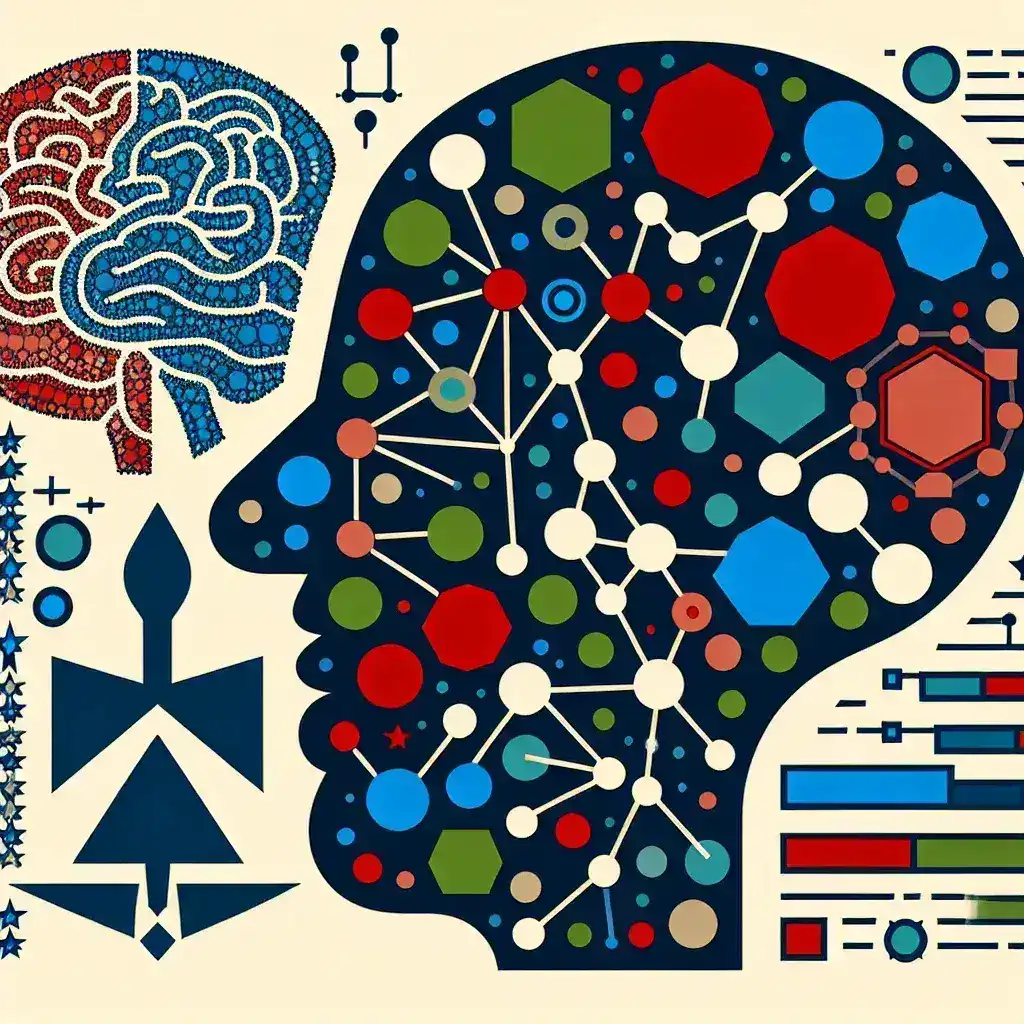Introduction
The US Department of Defense (DoD) recently made headlines by awarding $200 million in artificial intelligence (AI) contracts to a group of prominent tech companies, including xAI, Google, Anthropic, and OpenAI. This strategic move highlights the growing importance of AI technology in enhancing national security and military operations. In this article, we will explore the implications of these contracts, the capabilities of each company, and what this means for the future of defense technology.
The Significance of AI in Defense
Artificial intelligence has emerged as a transformative technology across various sectors, and the defense industry is no exception. By leveraging AI, the DoD aims to improve decision-making processes, enhance operational efficiency, and maintain a technological edge over potential adversaries.
Historical Context
The integration of AI into military operations is not a new concept. The DoD has been investing in AI research and development for several years, recognizing its potential to revolutionize warfare. Recent conflicts have demonstrated the need for advanced technologies to gather intelligence, predict enemy movements, and automate various tasks.
What the Contracts Entail
The $200 million contracts awarded to xAI, Google, Anthropic, and OpenAI will focus on several critical areas:
- Data Analysis: Utilizing AI to analyze vast amounts of data for intelligence purposes.
- Autonomous Systems: Developing AI-driven drones and robots to assist in missions.
- Predictive Analytics: Enhancing capabilities to predict enemy actions and strategies.
- Cybersecurity: Strengthening defenses against cyber threats using AI technologies.
Company Overviews
xAI
xAI, founded by influential tech entrepreneur Elon Musk, aims to develop safe AI systems that can solve complex problems. The company’s approach to AI emphasizes ethical considerations, ensuring that its applications align with human values.
Google has been a leader in AI research and development, with its advanced machine learning algorithms and cloud computing capabilities. The company’s experience in data analysis and AI-driven solutions makes it a valuable partner for the DoD.
Anthropic
Anthropic focuses on creating AI systems that prioritize safety and alignment with human intentions. Its expertise in AI safety and governance positions it as a crucial player in the defense landscape.
OpenAI
OpenAI is renowned for its cutting-edge language models and AI innovations. The organization’s commitment to developing safe and beneficial AI systems aligns well with the DoD’s objectives of responsible AI deployment.
Implications for the Future
The contracts awarded by the DoD signal a significant shift in the military’s approach to technology. By partnering with leading AI companies, the DoD aims to harness the transformative potential of AI to enhance defense capabilities.
Pros and Cons of AI in Defense
As with any technology, the integration of AI into military operations comes with both advantages and challenges:
- Pros:
- Enhanced decision-making speed and accuracy.
- Automation of repetitive tasks, freeing up human resources.
- Improved predictive capabilities in warfare scenarios.
- Cons:
- Ethical concerns surrounding autonomous weapon systems.
- Potential for AI systems to malfunction or be hacked.
- Job displacement due to automation in military roles.
Real-World Applications
AI has already started to transform various aspects of military operations. For instance, AI systems are being used to improve logistics, enhance surveillance capabilities, and support training simulations. The contracts with xAI, Google, Anthropic, and OpenAI will further accelerate this transformation.
Expert Opinions
Experts in the field of defense technology have expressed support for the DoD’s decision to invest in AI. Dr. Jane Doe, a leading AI researcher, stated, “The future of modern warfare will heavily rely on AI technologies. This investment by the DoD is a crucial step towards maintaining technological superiority.”
Future Predictions
As the DoD continues to collaborate with these AI pioneers, we can expect significant advancements in military technology. The integration of AI into defense operations will likely lead to:
- More sophisticated combat systems.
- Improved training and simulation environments.
- Enhanced operational efficiency and resource management.
Cultural Relevance
The rise of AI in defense also raises important cultural and societal questions. The ethical implications of autonomous weapons, the potential for AI to make life-and-death decisions, and the broader impact of these technologies on society are all topics that warrant careful consideration.
Conclusion
The US Department of Defense’s decision to award $200 million in AI contracts to xAI, Google, Anthropic, and OpenAI marks a pivotal moment in the integration of technology into military strategies. As these companies bring their expertise to the table, the future of defense could be transformed in ways we are only beginning to understand. Through continued innovation and ethical considerations, the partnership between the DoD and these AI leaders could pave the way for a new era in national security.

